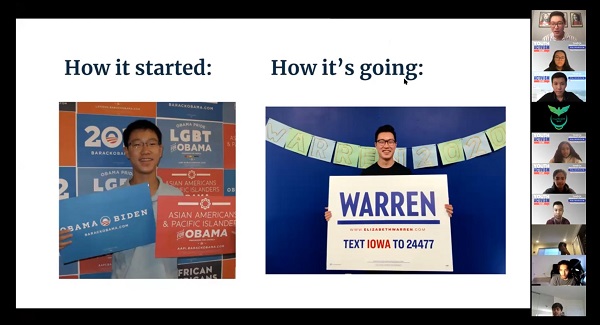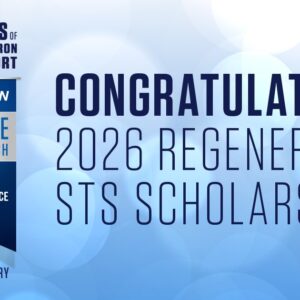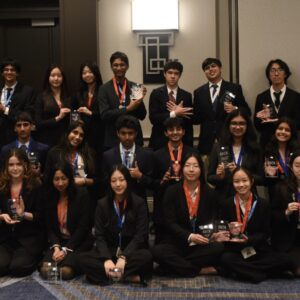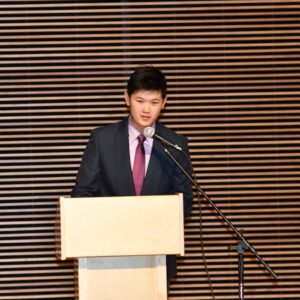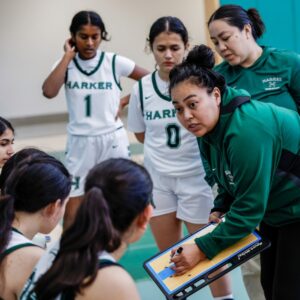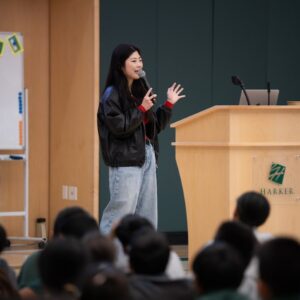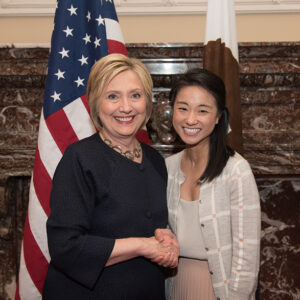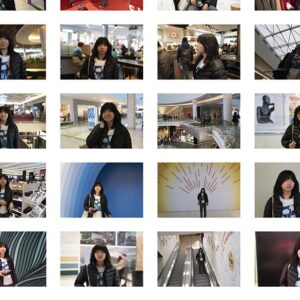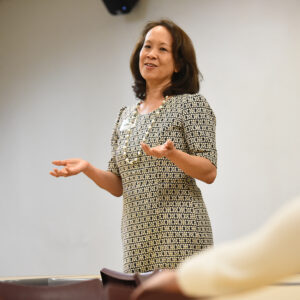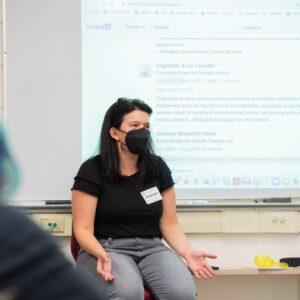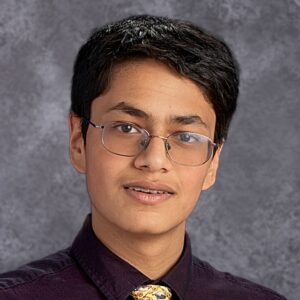Last week, Harker’s Youth Activism Club hosted a talk with Felix Wu’ 15, who discussed his career in politics and how young people can start their own careers in politics. As a student at Emory University, Wu worked as a field organizer on Hillary Clinton’s 2016 presidential campaign in Iowa and as regional organizing director on Elizabeth Warren’s 2020 presidential campaign in Iowa. He currently works for the Progressive Turnout Project, whose goal is to increase Democratic voter turnout in tight races throughout the country.
Wu, whose own political career started in high school, talked about some of the ways students can get involved. “High school’s one of those times when you have a lot of freedom to get involved in your community,” he said. These can range from hosting podcasts to working for local politicians, as Wu did for Mike Honda in 2014. He also organized forums on political issues including Obamacare and held screenings for documentaries about immigration reform.
More opportunities become available in college, including working for political campaigns in various capacities, such as fundraising, polling, organizing and graphic design. “Campaigns are a great way to get started. They’re a great way to build a network,” Wu said. “You’re meeting other young people who are jumping into that process for the first time, and perhaps more important than that, you’re learning to talk to voters from all backgrounds.”
Internships in Washington, D.C., are also available to college students, which Wu said provide a great opportunity to learn about the culture of Capitol Hill. “Congress is a really special place with a really unique work culture,” he said. “You’ll see a Democratic congressman and maybe a Republican congressman going at it on the House floor arguing, and then a couple hours later, you might see them laughing it up at the lunchroom. It’s a unique place and you kind of learn about the dynamics of party politics, how people work together and come to consensus.”
Wu also took some time to answer questions on a number of topics, including what he has learned about the legislative process. “I think it’s tough. It’s kind of slow going. People get frustrated at Congress, but I think when you’re actually there, you realize that a lot of stuff does get done that flies under the radar,” he said. “People in Congress work long hours. They work really hard to get stuff done and come to consensus and frankly it doesn’t get recognized that much.”
He also shared advice for people who felt burnt out on the political process and relentless campaign cycles. “First off, if you’re having political burnout, I’d say it’s completely OK. A lot of us were burned out after November, and it’s totally OK to shut off the news for a while and just not think about it,” he advised. Referring to people who feel that not much has been accomplished, Wu noted that “We’ve seen a lot of progress. Earlier this year, I think the whole country was rethinking race as it relates to our politics, and we’ve seen great strides when it comes to LGBTQ issues in the past decade or so. It wasn’t so long ago that a Democratic president wasn’t in support … of marriage equality.”
Wu also stressed the importance of the role young people played in the progress made so far. “Young people have really been leading the charge on these conversations about race,” he said. “When you’re having those conversations around the dinner table or you’re encouraging your friends to vote, talking to your neighbors and such, I think that’s when we really see glimmers of hope even when we see gridlock going on in Congress.”
